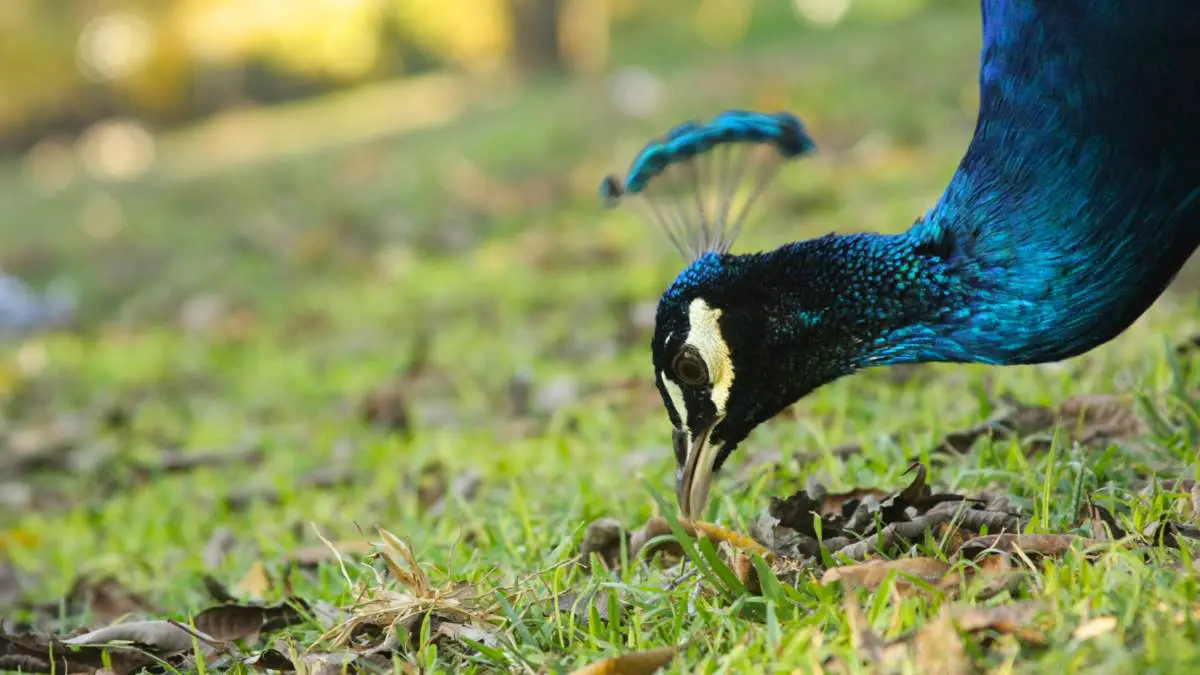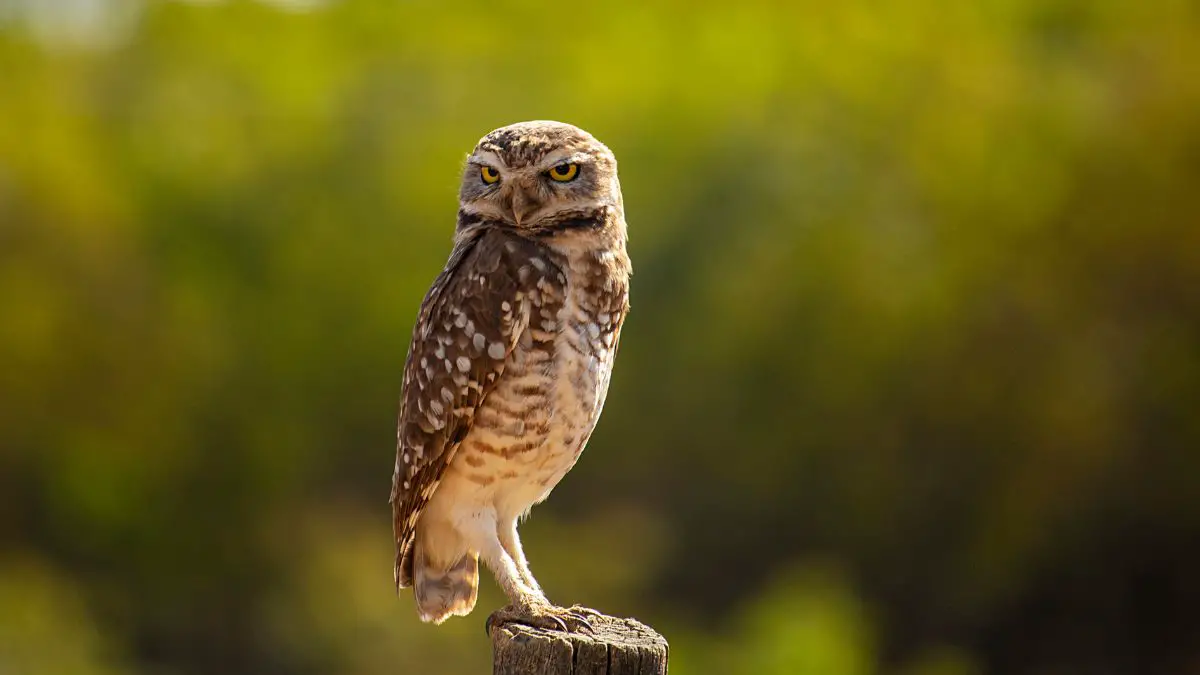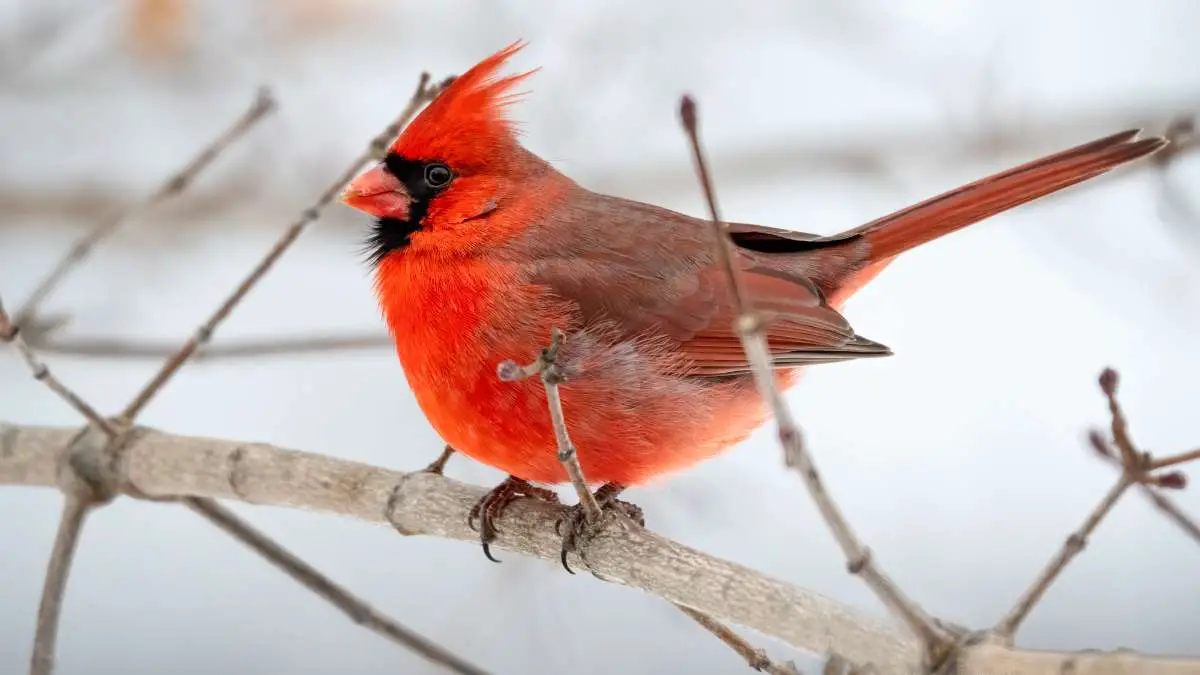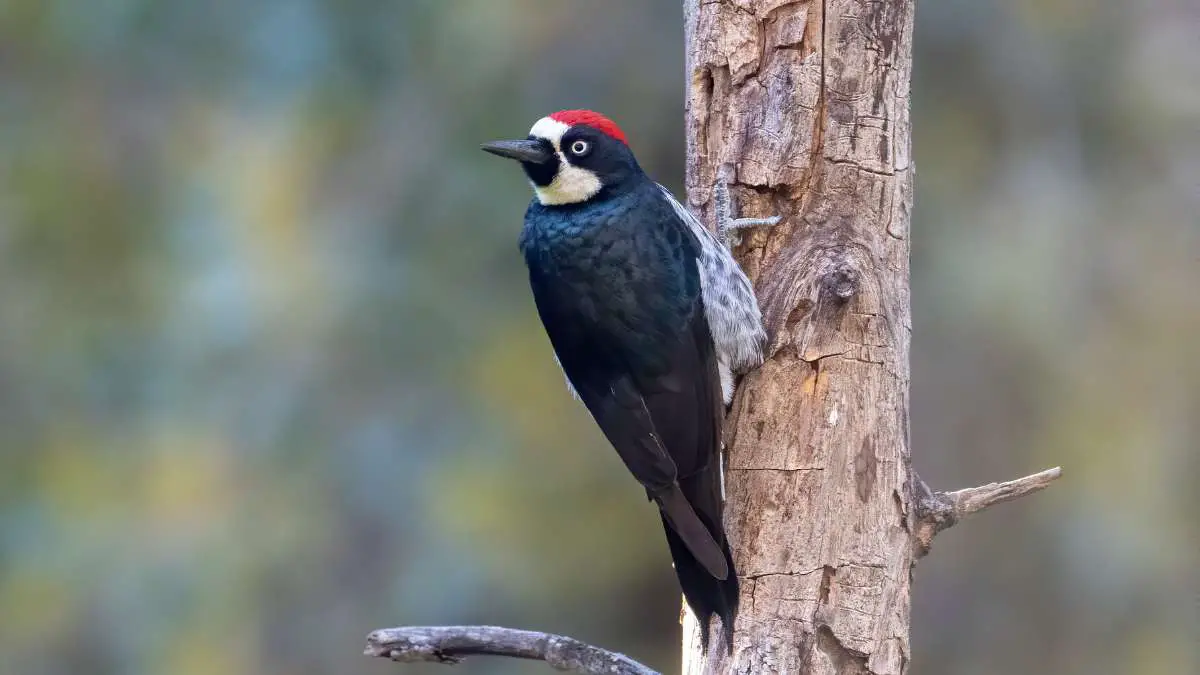Peacocks are glamorous birds known for their colorful feathers. They are found predominantly in the eastern half of the world. Africa and Asia are home to three species of peacocks, with the Indian Peacock and Green Peacock being the most well-known.
Peacocks have gained popularity among bird enthusiasts worldwide, especially pet bird lovers, as they spark curiosity with their natural behaviors and lifestyles.
In this discussion, we will explore interesting facts about what peacocks eat and their dietary habits.
Do peacocks eat meat?
Yes, peacocks eat meat but in their natural habitat, they can be opportunistic. They are omnivores, which means they eat both plants and animals.
Their diet in the wild consists of insects, small mammals, reptiles (mainly snakes), and amphibians.
They also eat fruits, berries, seeds, and grains. Meat provides peacocks with the protein they need to maintain their plumage and overall health.

Peacock Diet
Peacocks, with their regal allure, maintain a primarily herbivorous diet that forms the foundation of their nutritional needs.
While they are predominantly herbivores, occasionally indulging in insects, invertebrates and small vertebrates, plant-based foods play a pivotal role in their sustenance.
A balanced diet holds immense importance for the overall health and well-being of these majestic birds, providing them with essential nutrients, vitamins, and minerals.
The peacock’s diet is influenced by various factors, including their habitat and the changing seasons. These elements impact food availability and the types of vegetation accessible to them.
If you plan on having a peacock as a pet or own one already, by understanding and considering these factors, you can ensure that peacocks receive the necessary nutrition for their vitality and thrive in their natural environment.
Peacock Diet: Plant-Based Foods
Peacocks exhibit a strong preference for plant-based foods, comprising a significant portion of their diet.
They actively seek out seeds, grains, and fruits, which serve as essential sources of nourishment. Additionally, peacocks consume flowers, buds, and leaves, carefully selecting from a variety of vegetation available to them.
These plant-based foods provide the peacock with vital nutrients, including carbohydrates, vitamins, minerals, and fiber. Such a diet ensures their overall well-being and supports their vibrant plumage.
By embracing the nutritional benefits of these plant-based offerings, peacocks thrive in their natural habitats, showcasing their unparalleled beauty and robust health.
In some regions, these magnificent birds are considered agricultural pests where they can make considerable economic losses to farmers.
A notable example of that can be seen in Sri Lanka, where farmers have recently reported experiencing crop damage caused by peacocks. This issue primarily arises from an increase in the peacock population in the recent past.
Peacock Diet: Insects and Invertebrates
While peacocks primarily rely on plant-based foods, they also supplement their diet with insects and invertebrates. This carnivorous inclination allows them to obtain additional nutrients and protein.
Peacocks are known to consume a variety of insects, including beetles, ants, termites, and grasshoppers. Insects provide essential amino acids and serve as a valuable source of protein, aiding in muscle development, growth, and overall health.
By incorporating insects into their diet, peacocks exhibit a balanced approach to their nutrition, harnessing the benefits of both plant-based and animal-based food sources to thrive in their natural habitat.
Peacock Diet: Small Vertebrates
They occasionally consume small vertebrates as part of their diet. This behavior, though not their primary source of sustenance, showcases the versatility of their feeding habits.
Small vertebrates such as lizards, frogs, and even small snakes may be included in the peacock’s diet.
This behavior is believed to be driven by factors such as availability of prey, nutritional requirements, and instinctual behaviors.
By incorporating small vertebrates into their diet, peacocks exhibit adaptability and opportunistic feeding behaviors, further enhancing their ability to thrive in diverse environments.
Feeding Peacocks in Captivity

When it comes to feeding peacocks in captivity, providing a balanced diet is of utmost importance.
A well-rounded diet ensures their overall health and longevity. It is recommended to offer a diverse menu that replicates their natural feeding habits, including a mix of high-quality seeds, grains, fruits, and vegetables.
This variety provides peacocks with essential nutrients and prevents nutritional deficiencies. However, it’s crucial to be cautious and avoid overfeeding or offering unhealthy food choices, as this can lead to obesity and other health complications.
Understanding the dietary needs of peacocks and offering a carefully curated menu ensures their optimal well-being while minimizing potential risks associated with an improper diet in captivity.
Conclusion
In conclusion, peacocks’ dietary habits have been revealed to primarily consist of plant-based foods, with occasional consumption of insects and, in rare instances, small vertebrates.
This information debunks the misconception that peacocks are carnivorous creatures.
Understanding the importance of balanced nutrition for peacocks is key to promoting their overall health and well-being. By providing a varied and appropriate diet, we can ensure that these magnificent birds receive the necessary nutrients to thrive.
It is crucial to respect and protect peacocks in their natural habitats, as their diet and lifestyle are intricately connected to the ecosystems they inhabit.
Let us appreciate the beauty of peacocks while actively preserving their habitats and ensuring their continued existence for generations to come.
You may also like:
- Peacock Breeds: 3 Species | 15 Colors | 5 Body Patterns
- Peacock Myths: Dispelling 8 Misbeliefs about Peacocks
- Can Peacocks Live in Cold Weather? [They May Get Stressed!]
FAQs on Peacock Diet
In the wild, peacocks predominantly feed on seeds, grains, fruits, flowers, buds, and leaves. They also supplement their diet with insects, such as beetles, ants, termites, and grasshoppers.
The occasional consumption of meat by peacocks can be attributed to factors like nutritional needs, prey availability, and instinctual behaviors. While it is not their primary source of nutrition, small amounts of meat can provide essential amino acids and protein.
A balanced diet is crucial for peacocks’ overall health and well-being. It ensures they receive essential nutrients, vitamins, and minerals necessary for optimal growth, vibrant plumage, and a strong immune system.
A peacock’s diet in captivity should consist of a variety of high-quality seeds, grains, fruits, and vegetables. Providing a balanced and diverse menu replicating their natural feeding habits is key to their nutritional needs.
Yes, an improper diet in captivity can lead to health complications, including obesity and nutrient deficiencies. It’s important to avoid overfeeding and offering unhealthy food choices to maintain their well-being.
To support and protect peacocks, it is crucial to respect their natural habitats. Avoid disrupting their environment, refrain from feeding them inappropriate food, and contribute to conservation efforts that preserve their ecosystems.




